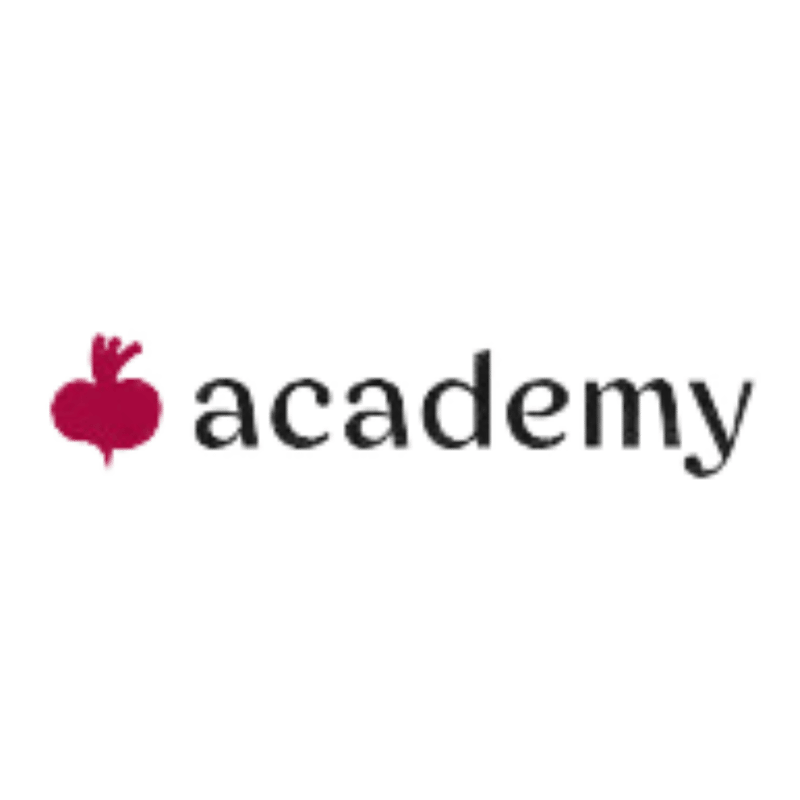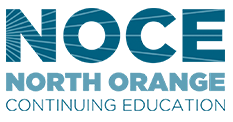
Financial aid (may be available)

Financial aid (may be available)

Financial aid (may be available)

Financial aid (may be available)
No cost info

$220 to start
$440 total

No cost info
$3,550 total
Financial aid (may be available)
OPTI Medical Systems supports the Online Quality Assurance Program (QAP) to add value to your OPTI CCA-TS2 analyzer. Online QAP facilitates the evaluation of quality control (QC) data with that of your peers for trends and shifts. Do not miss out on these valuable services that OPTI Medical provides OPTI analyzer users at no additional charge.
No cost info
The Graduate Certificate in Quality Assurance Compliance provides an in-depth knowledge of the global regulatory and compliance requirements for the development, marketing approval, and clinical utilization of biomedical products in today’s dynamic global healthcare environment.
No cost info
This program is designed for the chemist, bio-chemist or biologist in the pharmaceutical and biologic industry new to quality assurance and control, and is beneficial to senior year undergraduates and graduate students (using concurrent enrollment) interested in a career in QA/QC.
The program focuses on the quality requirements for the production and control of biologics and drugs, and the differences between quality control and quality assurance and their interaction with manufacturing. It highlights the importance of implementing and maintaining a quality system during the early stages of drug development, including the plethora of documents and controls necessary to make such a system effective. Guidelines and regulations from the FDA and the California State food and drug branch regulate the production of drug products. Quality Assurance (QA) monitors the manufacturer's compliance to these guidelines and regulations.
Instruction covers how to write, issue and control SOPs; manufacturing directions; and how to review and archive a batch history and other relevant documents. Emphasis is placed on conducting inspections and vendor audits for compliance to cGMPs to include contract manufacturers, bulk pharmaceutical chemical manufacturers and contract test laboratories. The program covers cGLPs and their applications to audits of facilities that provide toxicological services. Details on compiling, writing and archiving audit reports is provided.
No cost info
Quality assurance training helps applicants for understanding the basic concepts of information technology and software testing which help them excel as Quality Assurance (QA) specialists. The quality assurance course also covers physical products in determining defects in manufactured products and preventing them, pre-production, SDLC-Software Development Life Cycle, Production Environment vs Sandbox Environment, Mantis Bug Tracker, and many more. During the QA online training, you will learn how to decode the application of dynamic and static techniques, conduct walk-thoughts and audits, create a quality analysis, perform boundary value analysis, and test plan hands-on through this Quality assurance certification training.
No cost info
Mount St. Mary’s University is home to Maryland’s only certificate in quality assurance and regulatory science (QA/RS). The fully online program prepares you to lead your company through the efficient delivery of high-quality products within a competitive market.
No cost info
Are you interested in a career in Quality Assurance? Do you want to ensure that products and services meet the highest standards of quality? If so, then taking Quality Assurance classes can be a great way to gain the skills and knowledge needed for this field. In this blog post, we will explore what Quality Assurance is, the training requirements, what to look for in a class, what to expect from the day-to-day class, the certification process, how to find related jobs, and other classes you can take after becoming a Quality Assurance professional.

Quality Assurance (QA) is a vital aspect of any industry that involves the production of goods or services. It involves monitoring and evaluating processes to ensure that products meet the desired quality standards. Quality Assurance professionals play a crucial role in identifying and resolving any issues that may arise during the production process. They also develop and implement quality control procedures to ensure consistent quality.
Quality Assurance is a systematic approach to ensuring that products and services meet specified requirements. It involves the use of various techniques, tools, and methodologies to prevent defects and improve the overall quality of a product or service. Quality Assurance professionals are responsible for creating and implementing quality management systems, conducting audits, and ensuring compliance with industry standards and regulations.
To become a Quality Assurance professional, you will need to acquire the necessary training and skills. While there are no specific educational requirements for entry-level positions, most employers prefer candidates with a high school diploma or equivalent. However, having a bachelor's degree in a related field such as engineering, manufacturing, or business can give you a competitive edge in the job market.
When searching for Quality Assurance classes near you, there are several factors to consider to ensure you choose the best program for your needs. Here are some things to look for in a Quality Assurance class:
Quality Assurance classes typically combine theory with practical application. Here's what you can expect from the day-to-day class:
While certification is not always required for entry-level positions in Quality Assurance, it can significantly enhance your job prospects and earning potential. There are several certifications available for Quality Assurance professionals, such as:
To obtain these certifications, you will typically need to meet certain eligibility requirements, such as education and work experience. You will also need to pass a rigorous exam that tests your knowledge and skills in Quality Assurance.
After completing your Quality Assurance training, you will be ready to embark on a rewarding career in the field. Here are some tips to help you find related jobs:
Once you have established your career in Quality Assurance, you may want to continue expanding your skills and knowledge through additional classes. Here are some related classes you can consider:
Quality Assurance is a field that offers many opportunities for growth and advancement. By taking Quality Assurance classes and obtaining relevant certifications, you can position yourself for a successful career in this in-demand field. Remember to consider factors like accreditation, curriculum, hands-on experience, and industry connections when choosing a Quality Assurance class. Dreambound is a valuable resource for finding vocational training programs, including Quality Assurance classes, to help you achieve your career goals. Explore the options available and start your journey towards becoming a Quality Assurance professional today.
Navigate the certification journey in this field with Dreambound's detailed guides, each crafted for various cities. For a deeper understanding of the process in other states, our additional guides may be able to help.
Pondering a shift in your career path or exploring different professional avenues? Dreambound has created detailed guides to support you in making informed decisions:
Dreambound's platform allows prospective students to find the right educational program for them through searching, filtering, and connecting with our extensive selection of career & technical education partners.
Dreambound has over 70 programs across healthcare, technology, business, and industrial trades. This includes programs such as Medical Billing, Cybersecurity, and welding.
Some of our schools offer financial aid for those who qualify. Many others offer payment plans, where you can pay the cost of class over time.
Yes, Dreambound offers many online programs. On Dreambound's search, you can filter by online, in-person, and hybrid (part online, part in-person).
Dreambound is completely free for you to use! We are supported by schools and organizations who pay to advertise on our website, so we can offer all of our career resources for free.